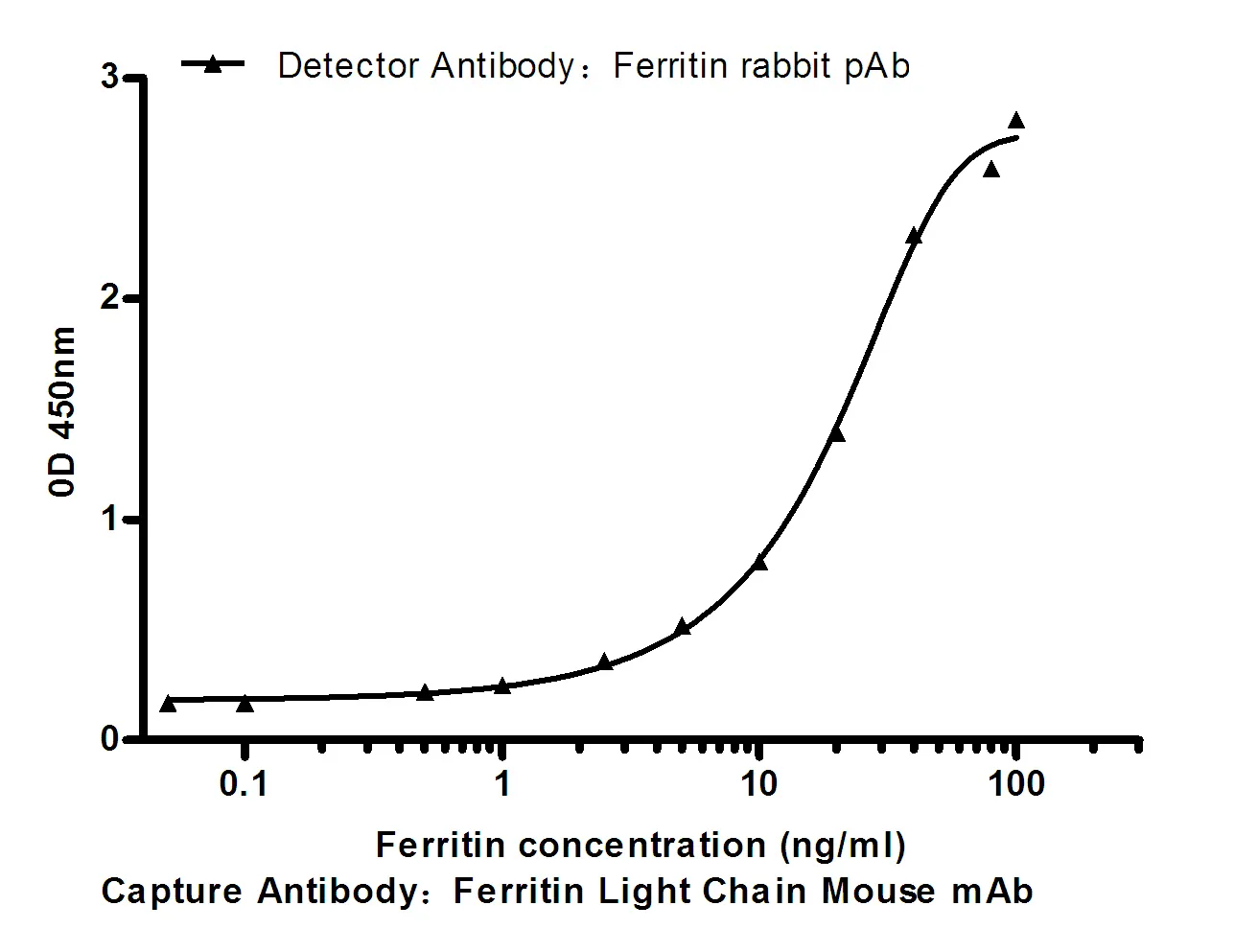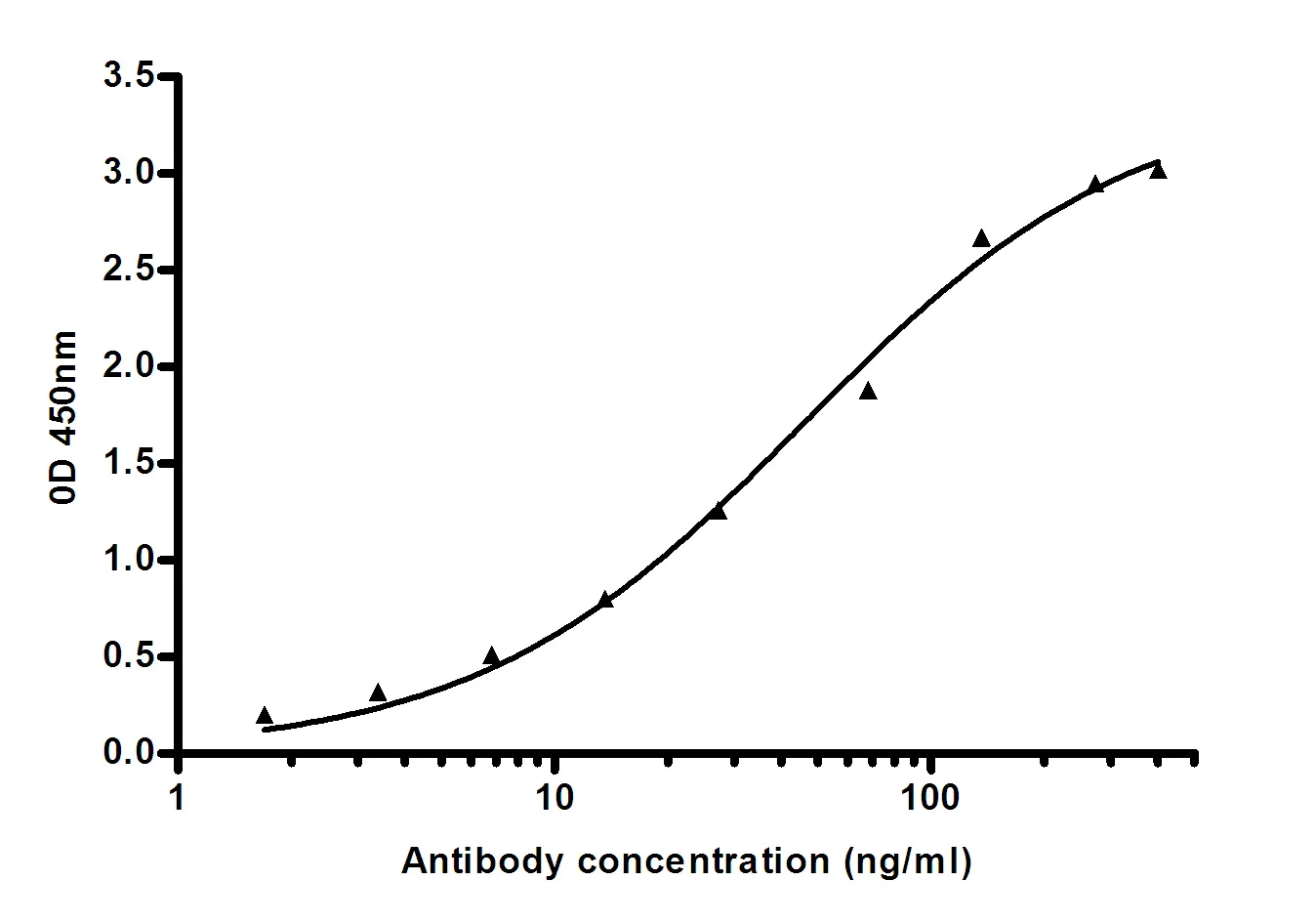Summary
Performance
Immunogen
Application
Background
Hexokinases phosphorylate glucose to produce glucose-6-phosphate, the first step in most glucose metabolism pathways. This gene encodes hexokinase 3. Similar to hexokinases 1 and 2, this allosteric enzyme is inhibited by its product glucose-6-phosphate. [provided by RefSeq, Apr 2009],catalytic activity:ATP + D-hexose = ADP + D-hexose 6-phosphate.,domain:The N- and C-terminal halves of this hexokinase show extensive sequence similarity to each other. The catalytic activity is associated with the C-terminus while regulatory function is associated with the N-terminus.,enzyme regulation:Hexokinase is an allosteric enzyme inhibited by its product Glc-6-P.,miscellaneous:In vertebrates there are four major glucose-phosphorylating isoenzymes, designated hexokinase I, II, III and IV (glucokinase).,online information:Hexokinase entry,pathway:Carbohydrate metabolism; hexose metabolism.,similarity:Belongs to the hexokinase family.,subunit:Monomer.,
Research Area
Glycolysis / Gluconeogenesis;Fructose and mannose metabolism;Galactose metabolism;Starch and sucrose metabolism;Amino sugar and nucleotide sugar metabolism;Insulin_Receptor;Type II diabetes mellitus;



